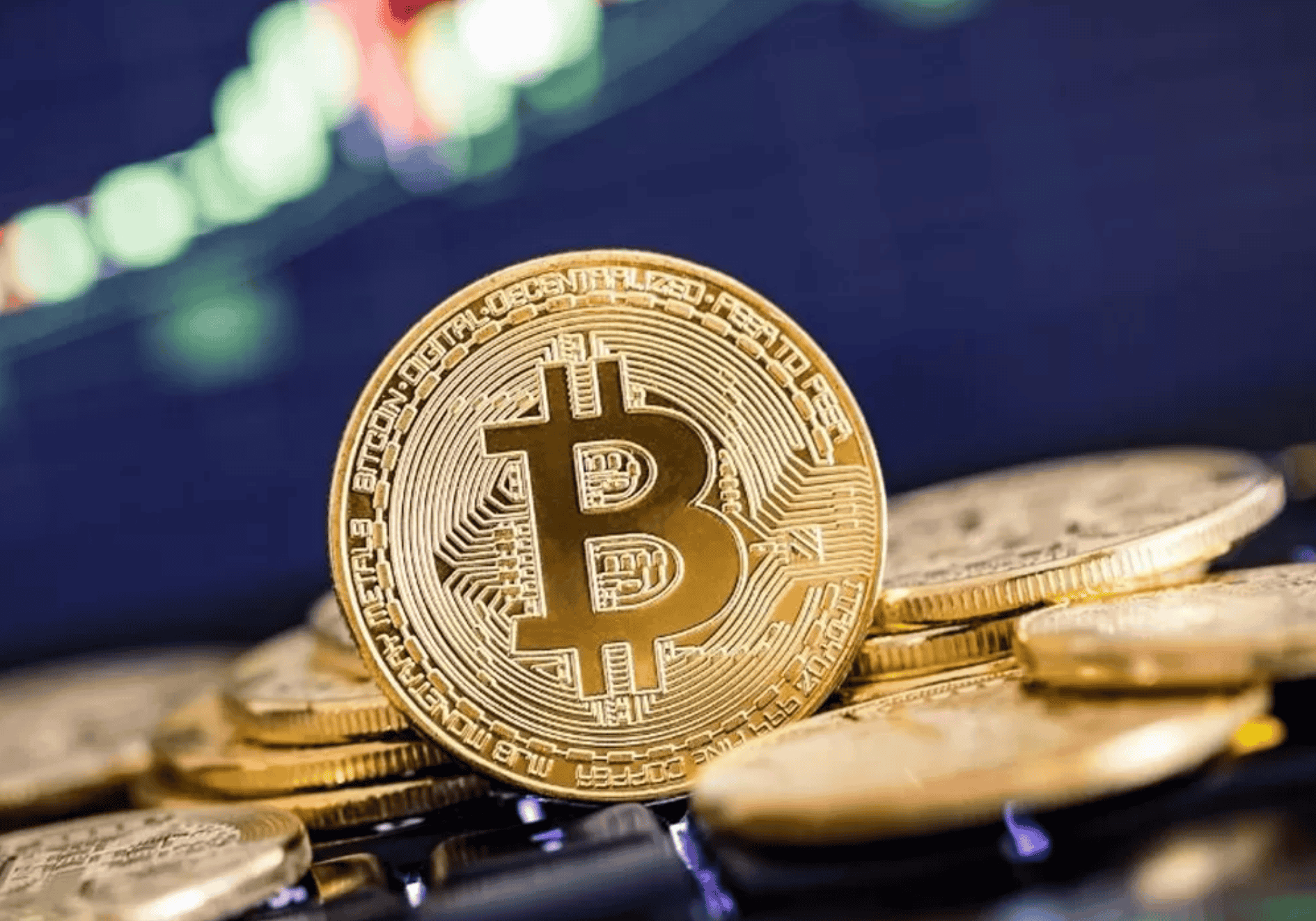The recent ruling where Trump tariffs were ruled illegal by the U.S. Court of International Trade caused swift reactions worldwide. Traditional stock markets rose, while Bitcoin experienced a modest decline as investors reassessed risk. This decisive verdict not only limits executive powers but also influences both conventional and digital economic landscapes.
U.S. Trade Court Declares Trump Tariffs Ruled Illegal

The U.S. Court of International Trade recently ruled that Trump tariffs ruled illegal because the former president exceeded his powers. On May 28, 2025, the court stated that Trump overstepped his authority under the International Emergency Economic Powers Act (IEEPA) of 1977. The court clarified that only Congress can authorize such sweeping tariffs.
The so-called “Liberation Day tariffs” aimed to address national security and trade deficits. However, the court found this use of emergency powers unconstitutional. This ruling marks a major shift in U.S. trade law. It will affect global markets significantly.
Market Reaction: Stocks Rise While Bitcoin Slides
After the court ruled that Trump tariffs ruled illegal, U.S. stocks jumped. The Dow rose 520 points, or 1.2%. The S&P 500 increased 1.7%, and the Nasdaq gained almost 2%. Investors welcomed the easing of trade tension.
Bitcoin, however, moved in the opposite direction. It dropped 3.36%, falling from $111,620 to around $107,750 soon after the news. Analysts say investors shifted money from crypto to traditional stocks and ETFs. The phrase “Trump tariffs ruled illegal” signaled many to reduce risk by leaving speculative assets.

Bitcoin’s price action underscores the growing connection between macroeconomic policy decisions and cryptocurrency volatility, highlighting the sensitivity of digital assets to global regulatory environments.
Appeals Court Issues Stay Amid Continued Legal Battles
Despite the ruling that Trump tariffs ruled illegal, the Trump legal team quickly filed an emergency appeal. A federal appeals court granted a temporary stay, allowing the tariffs to remain effective while the judicial process continues. This move injected additional uncertainty into the markets as businesses and investors await a final resolution.
Legal experts anticipate the dispute could ultimately be decided by the Supreme Court, with profound implications for the separation of powers and trade policy. Until then, the status of these tariffs remains unresolved, leaving companies unsure about supply chain adjustments and compliance strategies.
Implications for Cryptocurrency and Future Trade Policy

The ruling that Trump tariffs adds a complex dimension to the cryptocurrency sector. While the decision does not directly regulate digital assets, it exemplifies how shifts in government authority and economic policy can ripple into decentralized markets.
Blockchain proponents argue that instability in traditional systems strengthens the appeal of borderless, decentralized currencies like Bitcoin. Yet, in the short term, the ruling contributed to a market pullback as investors favored lower-risk strategies.
Moreover, this verdict may reignite bipartisan discussions on digital trade, crypto taxation, and blockchain’s role in international commerce. If Congress regains greater control over trade authority, it could pave the way for more transparent and structured cryptocurrency regulations integrated into future trade agreements.
Conclusion: Navigating Uncertainty After Trump Tariffs Ruled Illegal
The ruling that Trump tariffs were ruled illegal is a defining moment for U.S. trade law and economic strategy. For investors, it serves as a reminder that geopolitical forces continue to shape both traditional markets and the rapidly evolving crypto space. Although Bitcoin’s price dipped temporarily, the broader debate on regulation, decentralization, and economic freedom it sparked will endure.
As markets digest the ramifications of the ruling and await the results of the ongoing appeal, traders and policymakers alike must prepare for a more legally constrained yet potentially more stable market environment.




